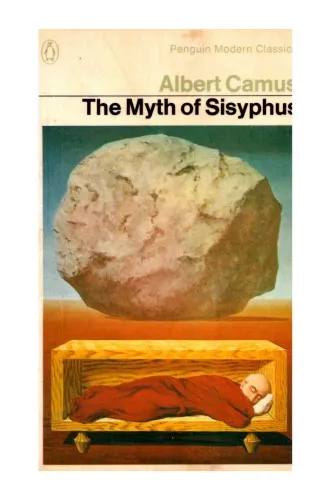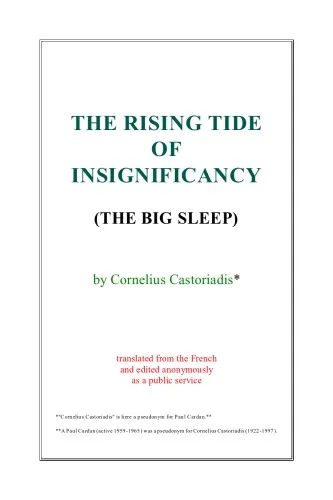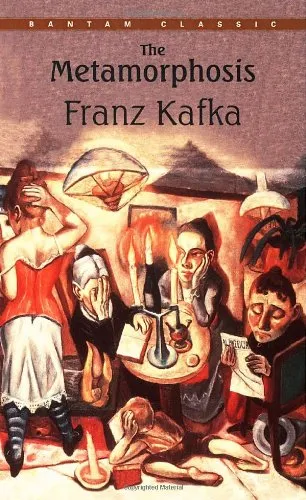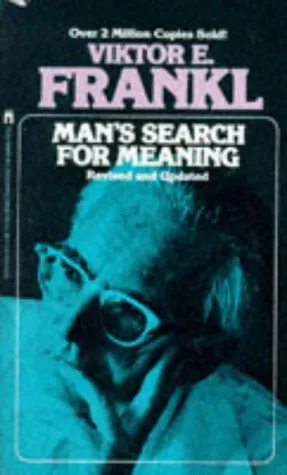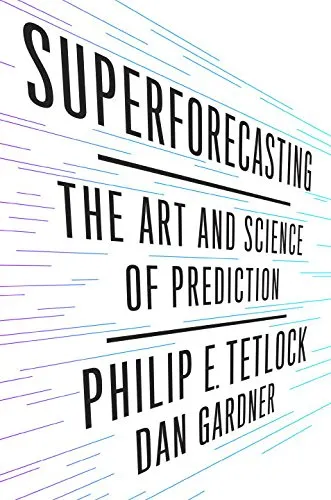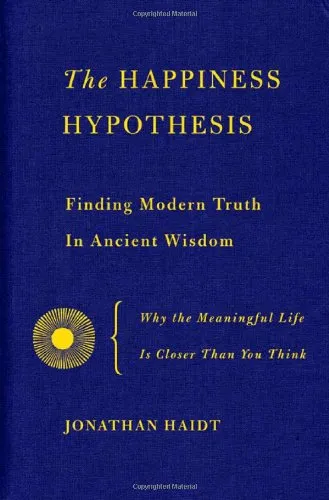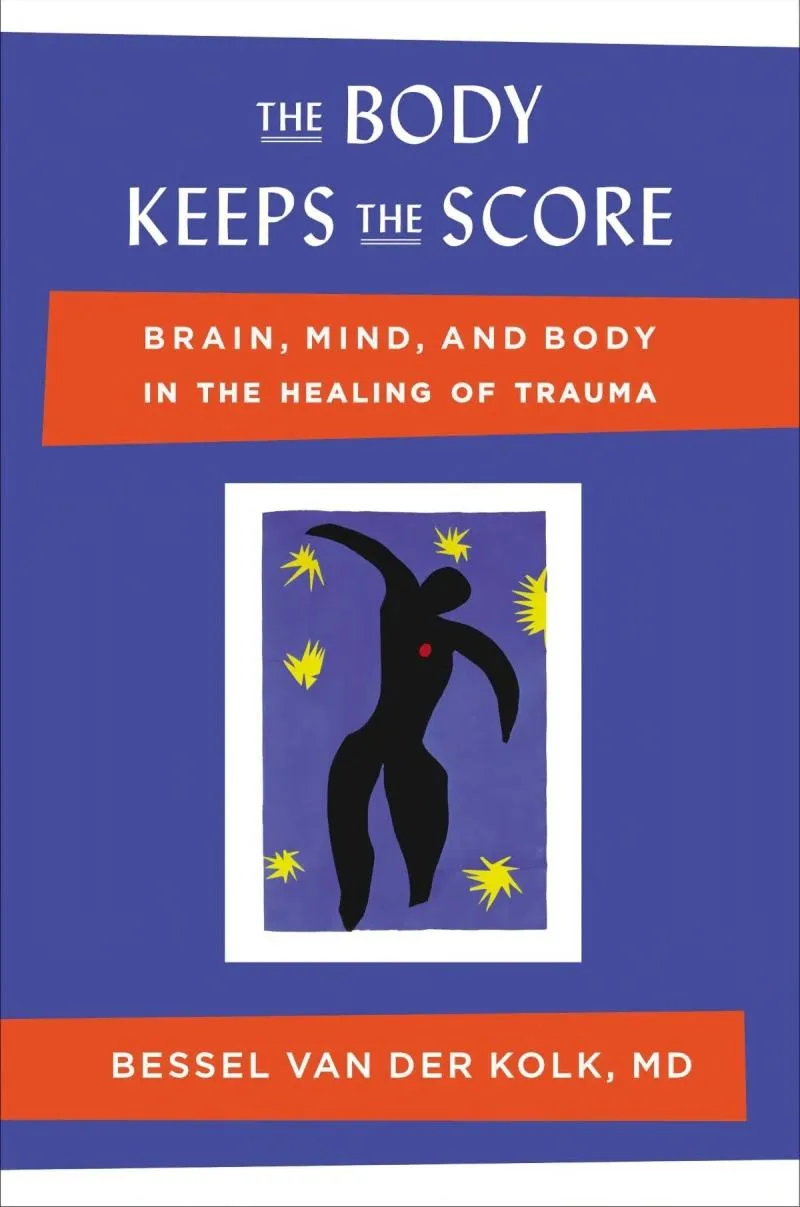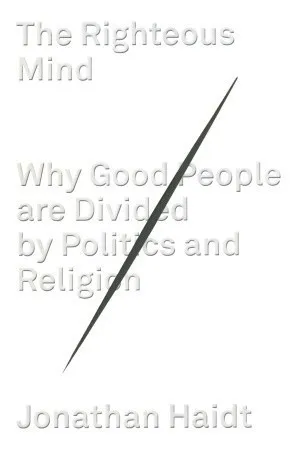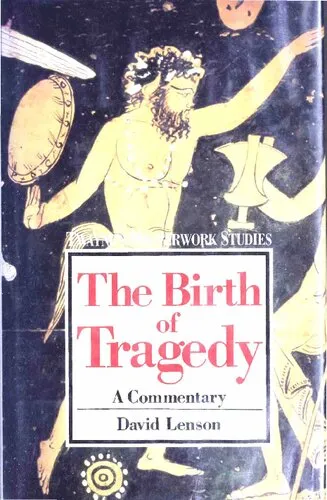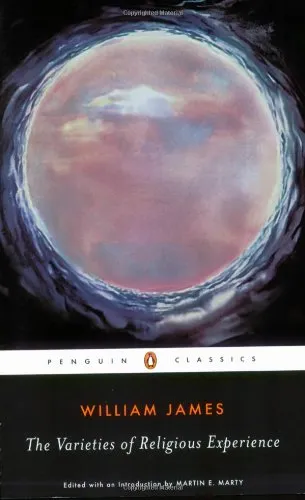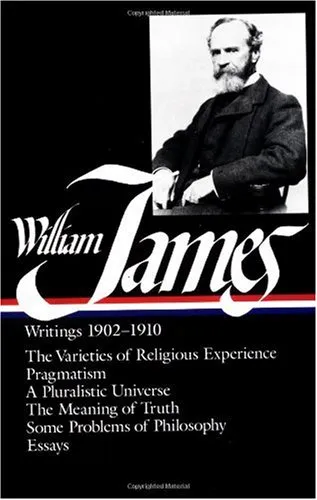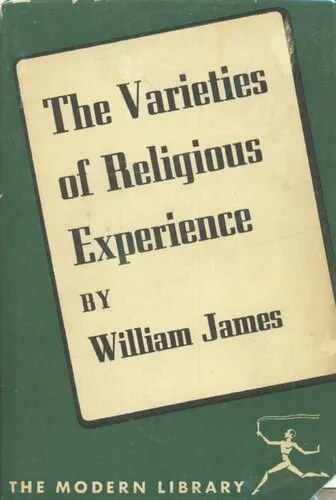The Myth of Sisyphus
4.5
Reviews from our users

You Can Ask your questions from this book's AI after Login
Each download or ask from book AI costs 2 points. To earn more free points, please visit the Points Guide Page and complete some valuable actions.Related Refrences:
Introduction to 'The Myth of Sisyphus'
Albert Camus' seminal work, "The Myth of Sisyphus," examines the tragic hero Sisyphus from Greek mythology to address the profound philosophical question: What is the meaning of life? Camus explores the themes of existentialism and absurdism, illustrating a philosophy where the pursuit of meaning is as futile as Sisyphus's eternal and pointless task. This exploration provides readers a thought-provoking perspective on human existence and the societal constructs surrounding the pursuit of purpose.
Detailed Summary of the Book
The book "The Myth of Sisyphus" is a philosophical essay that centers around the concept of the Absurd. Camus begins by addressing the feeling of absurdity encountered in the face of an indifferent universe. He discusses the conflict between the human tendency to seek inherent value and meaning in life and the silent, indifferent cosmos that offers none. This conflict instigates what Camus describes as an "absurd condition."
Camus uses the mythological figure of Sisyphus, who is condemned by the gods to roll a boulder up a hill, only for it to roll back down every time he reaches the top, to illustrate this condition. Sisyphus's labor is ceaseless and fruitless, yet Camus sees him as an archetype for the absurd hero. Sisyphus is aware of his eternal plight, yet he finds solace in the consciousness of his toil, embracing the absurdity of his fate.
The essay concludes by suggesting that just as Sisyphus finds meaning in his endless struggle, individuals can also embrace their absurd existence, finding happiness without the necessity of external justification.
Key Takeaways
- The Absurd arises out of the fundamental disharmony between humans' quest for significance and the universe's silent indifference.
- Unlike traditional philosophical answers to the absurd condition, such as religious faith or existential despair, Camus proposes acceptance as a way to an authentic life.
- The metaphor of Sisyphus illustrates both the struggle and potential triumph of human resilience, reflecting that life’s inherent lack of meaning does not devalue human effort or happiness.
Famous Quotes from the Book
"There is but one truly serious philosophical problem, and that is suicide."
"In order to understand the world, one has to turn away from it on occasion."
"The struggle itself towards the heights is enough to fill a man's heart. One must imagine Sisyphus happy."
Why This Book Matters
"The Myth of Sisyphus" matters as it presents a foundational text for understanding the philosophical underpinnings of absurdism and existentialism. Camus's exploration into what constitutes the absurd provides a rich reflection on the essence of human life in a world stripped of apparent purpose. The book challenges readers to consider their own perspectives on life’s inherent meaninglessness and the value of finding personal significance despite this.
Moreover, Camus’s existential themes remain relevant in contemporary discourse, resonating with individuals who seek to grapple with the philosophical implications of an absurd universe. His assertion that happiness and meaning can be found through personal resilience and consciousness remains an enduring inspiration to those navigating the complexities of existence.
Free Direct Download
You Can Download this book after Login
Accessing books through legal platforms and public libraries not only supports the rights of authors and publishers but also contributes to the sustainability of reading culture. Before downloading, please take a moment to consider these options.
Find this book on other platforms:
WorldCat helps you find books in libraries worldwide.
See ratings, reviews, and discussions on Goodreads.
Find and buy rare or used books on AbeBooks.
Questions about Book
1396
بازدید4.5
امتیاز0
نظر98%
رضایتReviews:
4.5
Based on 0 users review
Questions & Answers
Ask questions about this book or help others by answering
No questions yet. Be the first to ask!
